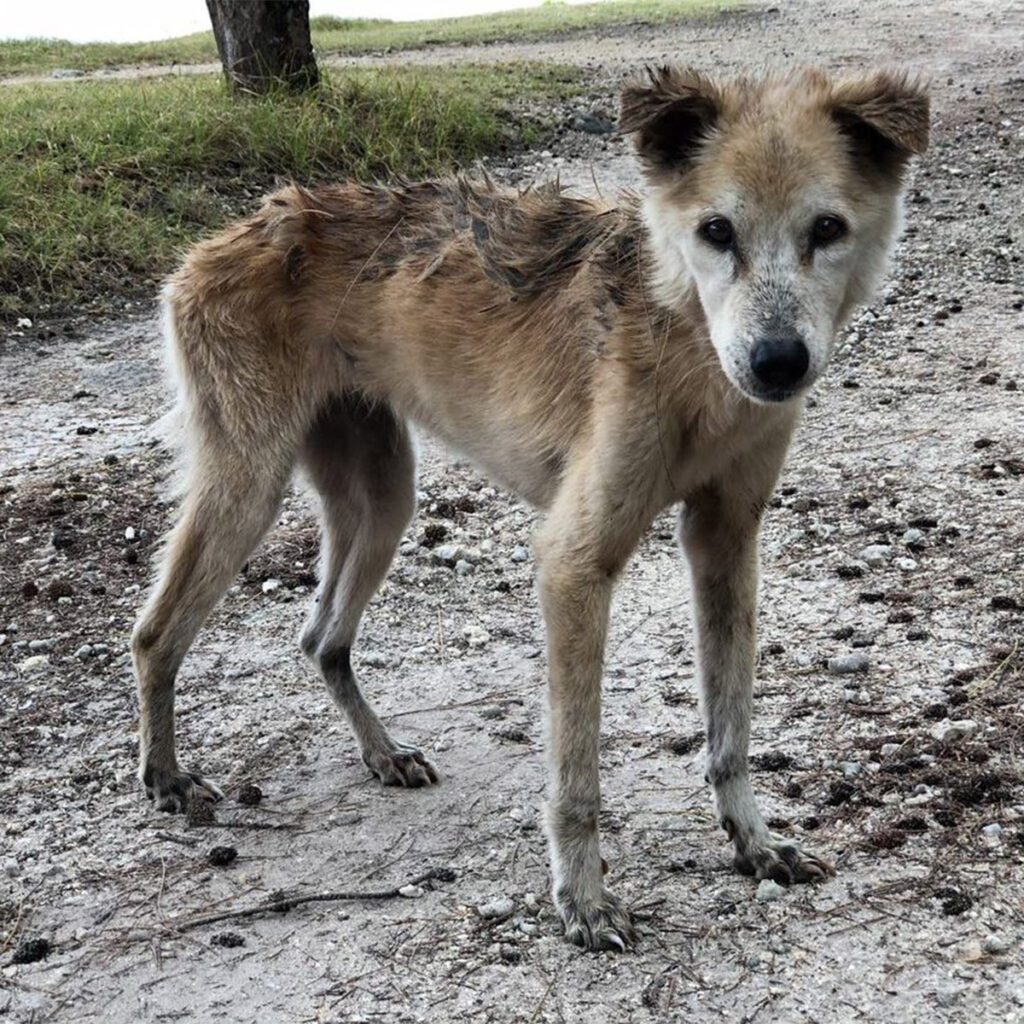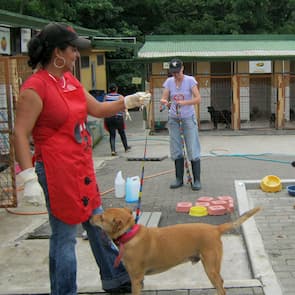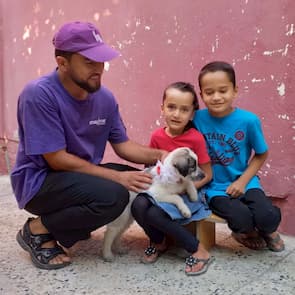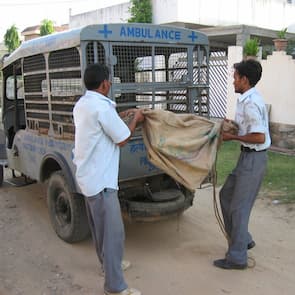



The humane and effective management of homeless dogs may also have significant social consequences for communities. In Bosnia, the United Nations Development Program (UNDP) found that some surveyed communities reported having problems caused by roaming dogs. As a result, the UNDP set up a partnership with the International Fund for Animal Welfare (IFAW) to address the issue in several trial communities. Over the next few years, community-led efforts successfully mitigated the problem of roaming dogs. Those efforts also reduced ethnic tensions as the community representatives worked together to solve the local dog problem as an unexpected side benefit.
There are so many good reasons to develop and implement humane and effective management approaches for homeless dogs. These reasons include reducing human disease contracted from dogs, dog nuisance, dog suffering, and homeless dog numbers while improving community relations.
Estimated Percentages of “Homeless” Dogs by Continent or Country
East Africa
Brazil
Southern Africa
India
China
Thailand
Eastern Europe
Philippines
Northern Europe
Australasia
USA & Canada
World

Implementation Partners
Identified a select number of organizations committed to assisting dogs in their communities.
Resources
Provided access to training (CLA), expertise and software tools to implement a project with a flagship partner in a test country.
Fundraising
Raised (and continues to raise) needed funding for the campaign's foundational work and global implementing projects.
Reporting & Tracking
Provided leadership and resources to enable an implementing partner to report data.
Direct Care Services
Committed funds to support direct care services (sterilization and vaccinations) to a flagship partner in the test country.
Reporting Protocols
Developed data reporting protocols for surveys and monitoring reports.
Survey Implementation
Implemented household and homeless (``street``) dog population surveys in one of the flagship locations.
Centralized Repository
Developed a database to house longitudinal data on dogs and their communities.
Be a Part of the Global Dog Campaign
There are many good reasons to develop and implement humane and effective management approaches for homeless dogs and their communities. These reasons include reducing homeless dog numbers, reducing human diseases contracted from dogs and dog bites, reducing dog suffering, and reducing dog nuisance. These actions will provide greater well-being for homeless dogs, people, and communities. Please join us in supporting the Global Dog campaign through your generous donation.



 Around 800 million dogs (range 700 million to 1 billion) share our world, about 300 million of whom are “homeless.” These dogs have high mortality rates, especially their puppies, the majority of whom do not survive their first year of life. “Homeless” or street dogs are primarily found in human communities scavenging for food and sheltering wherever they can. They carry a heavy parasite burden, and when such a dog gets ill or is injured, it will not receive any health care. WBI’s Global GDC Team includes recruited experts in their fields with years of field experience and a dedication to the mission to improve the outlook for and the lives of these 300 million homeless dogs across the globe. The team’s mission is to ensure that these homeless dogs are more likely to experience the benefits of being humankind’s “best friends.”
Around 800 million dogs (range 700 million to 1 billion) share our world, about 300 million of whom are “homeless.” These dogs have high mortality rates, especially their puppies, the majority of whom do not survive their first year of life. “Homeless” or street dogs are primarily found in human communities scavenging for food and sheltering wherever they can. They carry a heavy parasite burden, and when such a dog gets ill or is injured, it will not receive any health care. WBI’s Global GDC Team includes recruited experts in their fields with years of field experience and a dedication to the mission to improve the outlook for and the lives of these 300 million homeless dogs across the globe. The team’s mission is to ensure that these homeless dogs are more likely to experience the benefits of being humankind’s “best friends.”








